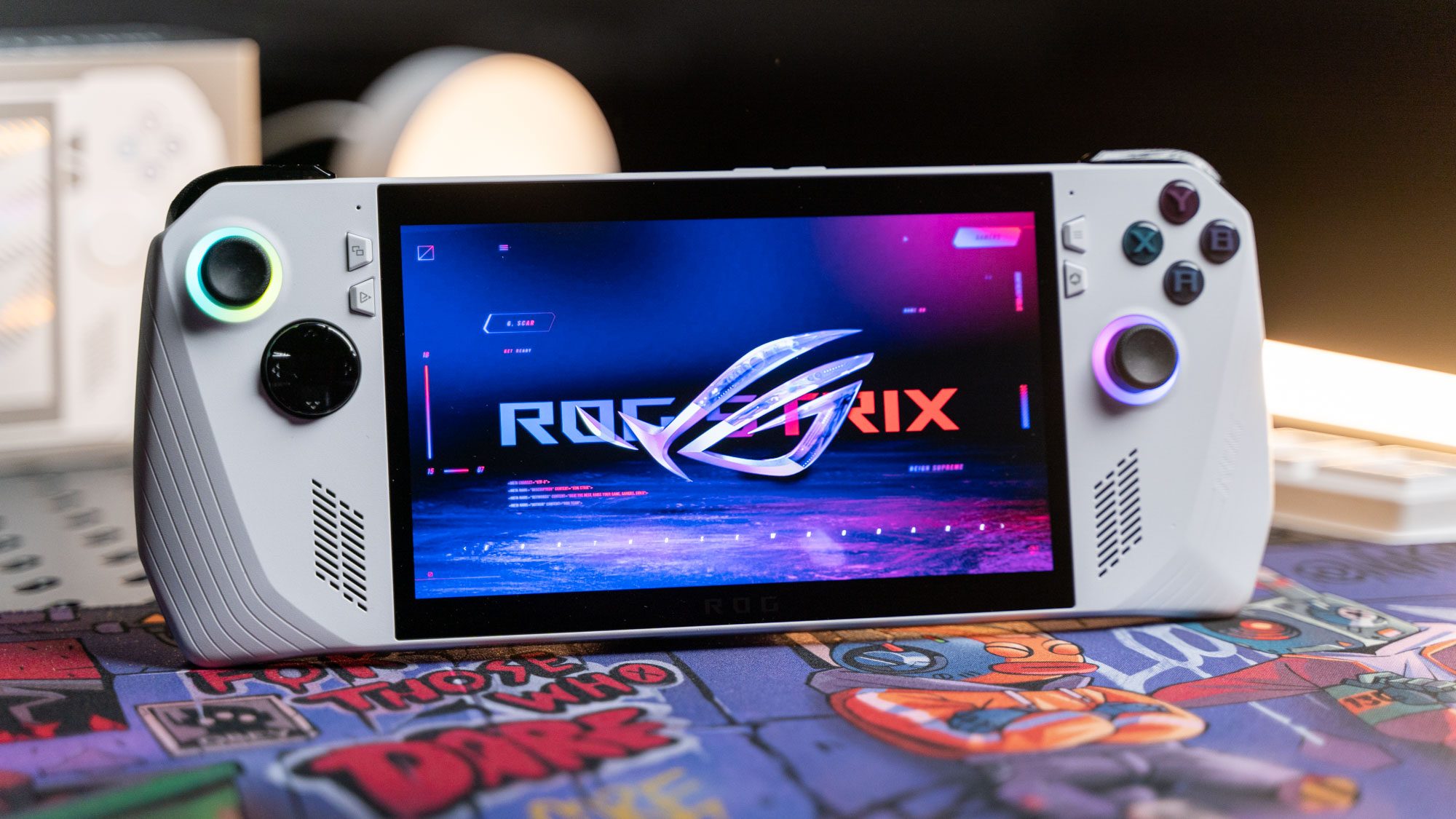Is there a right age to begin using social media? (Photo by Robert Alexander / Getty Images)
Getty Images
Is there a right age to begin using social media?
While many parents wouldn’t think of letting their children under the age of 13 have unlimited access to the Internet, according to a new report from PrivacyHQ.com63 percent of parents do allow their pre-teens to use YouTube, while 54 percent gave the OK to use Instagram, and 49 percent even let their youngsters use TikTok.
The study also found that three in 10 parents further allowed their child to use social media before age 13 to support future aspirations of being a professional gamer or content creator. Moreover, 64 percent of parents reported their child’s desire to become an influencer on Instagram or a YouTube content creator in the future, while 81 percent of those parents surveyed said they would support that decision.
It may sound glamorous and even an easy job – but we could question whether kids actually understand what is involved in building a following, and that not everyone will have true “influence” in the future?
The findings come even as many YouTube creators and TikTok influencers have opened up and warned of the stigmas that come with trying to make a living from those platforms. In fact, just 40 percent of parents said they were able to effectively inform their kids about the differences between real life and what is portrayed on social media.
The Dangerous World
Social media is increasingly exposing younger users to content that can be worse than what is seen on TV warned Mirela Iancu, director of user engagement at PrivacyHQ.com.
“The Internet and social media have a plethora of information that might be sensitive towards children like adult content or breaking news – which may include content surrounding the war between Russia and Ukraine,” Iancu added. “In our research, 95 percent of parents reported directly talking to their kids regarding Internet and social media safety, but topics like fake accounts, bot recognition, concerns of privacy and the difference between social media and real-life are not as widely discussed. . “
According to the study, 52 percent of parents said they hadn’t talked to their children about important issues such as cyberbullying, while one in five parents had caught their child posting on a “finsta” or fake Instagram account. In addition, 63 percent of parents said they were concerned their child may get hurt trying to replicate the next big viral TikTok trend.
Lack Of Ratings
Much like the debate over video games and ratings, the question could be asked whether it is still a parents responsibility to monitor the content their children are viewing. It is true however that unlike movies, TV or video games there are no universal ratings for the content on social media.
“Parents already have plenty of controls available to them blocking their kids from downloading apps to the phones,” said technology industry analyst and social media pundit Roger Entner of Recon Analytics. “Not sure there is anything the platforms should or could do unless they demand positive identification at sign up.”
Even as there are plenty of education videos on YouTube, there is still a lot of content that isn’t appropriate for those under 13. The same is true of other platforms – yet many parents may not realize as much. Even worse is the fact that many youngsters may have an unrealistic appreciation for the hard work that is involved in being a professional creator or even gamer.
“Various parents are allowing children to use social media platforms like YouTube, Instagram, and TikTok before the age of 13 in order to support their aspirations of being a gamer or content creator,” warned Iancu. “Given the behaviors parents have caught children doing within the study, it’s important to proceed with caution when giving young kids online access.”













